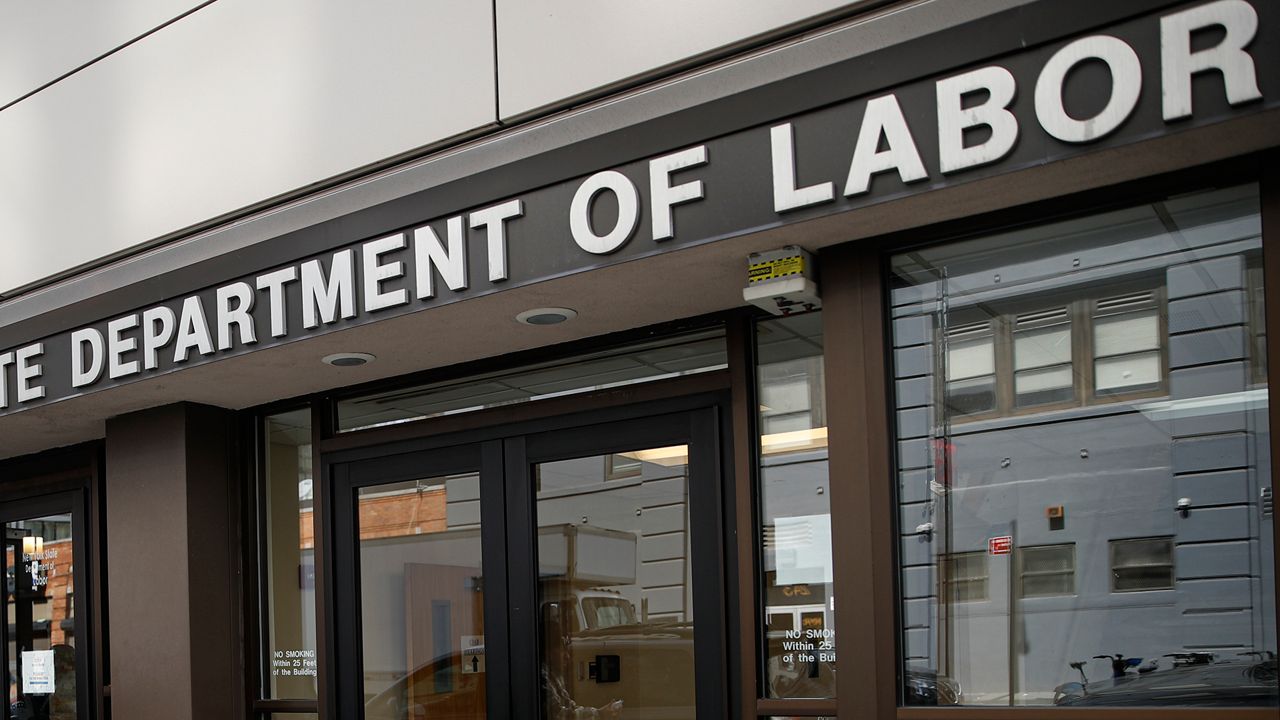Gov. Kathy Hochul on Wednesday signed legislation into law which will require that public employees be notified if their disciplinary records are requested as part of a Freedom of Information Law, or FOIL, request.
A coalition of good government groups came out in opposition to the bill Tuesday and urged the governor not to sign it, citing concerns about adding to an already overloaded FOIL system as well as fears that it could erode transparency by discouraging requests.
The bill’s sponsor, state Sen. James Skoufis, told Spectrum News 1 that public employees have a right to know if someone has requested their disciplinary records.
“They are at times not even advised that their file has been requested,” he said. “It’s their personnel record, and once advised, they can prepare themselves for that formal process a bit ahead of time if a complaint is lodged.”
Not everyone is onboard.
Just one day before the bill was sent to the governor's desk, a coalition of good government groups sent a memo of opposition to Hochul.
John Kaehny, executive director of Reinvent Albany, said the group came together in just the last few weeks as they took a closer look at the bill. The opposition stemed from a collective concern that the law would undermine the 2020 repeal of what is known as 50-a, which effectively unsealed the disciplinary records of public employees, notably law enforcement, in the wake of George Floyd’s murder.
“That had never happened before and there was a huge battle over that,” Kaehny said of the 2020 repeal.
In the memo, Reinvent Albany, Common Cause New York, the League of Women Voters, and the New York Civil Liberties Union among groups, argue that the law will add layers of work to an already overburdened system by requiring the notification of sometimes dozens of employees at a given agency. FOIL requests often cast a wide net and require a wide range of records that fit a specific criteria.
“This is not a straw on the camel’s back, this is a ten-ton weight breaking the camel’s back because the freedom of information process already is slow, overloaded and underfunded,” he said.
Concerned, they are, that if the process is too cumbersome and lengthy for journalists and advocates, it will erode the transparency that the 2020 repeal was intended to promote.
“They’re just going to give up on requesting them because they think it’s a waste of time,” he said.
They also cite fears that it could discourage people from coming forward if they’re aware the individual will be notified. They added that the fear could be even more amplified when it involves a complaint against law enforcement, though FOIL requests are ultimately public record.
Skoufis said he recognizes the system is overburdened, but disagrees. He explained that he doesn’t buy that it will have a meaningful impact on how long a request takes to process.
“It’ll take 30 seconds for that FOIL officer to look up that email address or phone number of that employee,” he said.
As for the potential impact on transparency, Skoufis suggested that the notification is part of the employee's “due process."
“The suggestion that we should not provide due process for someone because it is inconvenient to one’s FOIL request, I believe is an unjust argument,” he said.











